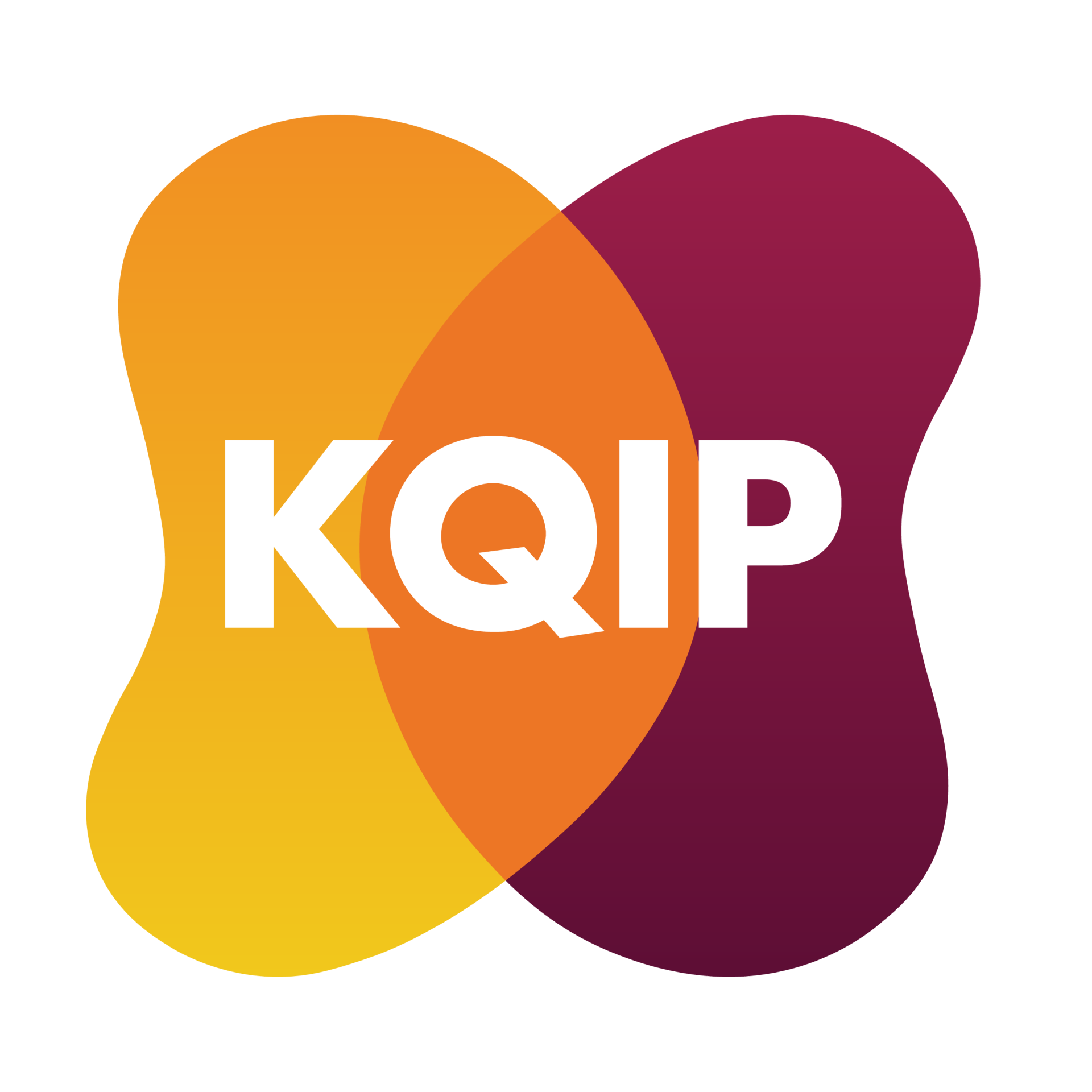Welcome to the
UK Kidney Association Education Hub
Explore our wide range of resources on kidney diseases, care, and quality improvement. You’ll find materials on chronic kidney disease, acute kidney injury, rare kidney conditions, and more, all in one place.
Services
HR Trainings for UKKA Staff
01
Sexual Harassment Training for Employees and Managers
This training is a required part of our commitment to ensuring a safe, respectful, and inclusive workplace for everyone. All employees are expected to complete a sexual harassment training as part of our annual compliance process.
02
Display Screen Equipment Assessment
The course identifies the importance of setting up your work area correctly and how to improve your comfort and reduce the risk when working.
02
Fire Safety Challenge
In this course you will play the role of a team leader at Telcall, a customer services company who are reviewing their fire safety practices. Your challenge is to help employees understand their fire safety duties.
Our educational resources
eLearning Courses
Learn about kidney care and research through our eLearning courses, developed by leading professors and expert practitioners.
KQIP Knowledge Hubs
Join KQIP's interactive knowledge hubs to connect, share, learn best practices, and stay up to date on research related to quality improvement in kidney healthcare.
RPG Members-Only Knowledge Hub
Created in response to member feedback, the new UK Renal Pharmacy Group Knowledge Hub offers members exclusive access to conference materials, private forums, specialist subgroup areas, and opportunities to connect and collaborate with pharmacy colleagues across the UK.
Webinars
Access our informative webinars on kidney disease and nephrology to gain valuable insights from leading experts.
Research Briefs
Read our research briefs for a sneak peek into groundbreaking research generated by the UKKA and its members. Visit the linked articles for more in-depth information.
Additional Resources
Explore our curated collection of links to useful resources, conveniently categorised by topic and tailored to healthcare professionals.
eLearning Courses
The Essentials
Specialised Topics
Nursing

RPG Members Knowledge Hub
Created in response to member feedback, the new UK RPG Knowledge Hub is your dedicated members-only space to access conference recordings, abstract books, subgroup Q&A notes, and documents not suitable for publication on the public UK RPG/UKKA website. Use the private forum to share ideas, discuss medications and best practices, and connect with pharmacy colleagues across the UK. Explore dedicated subgroup areas for Clinical, Education & Training, Research & Development, and Conference Planning, alongside the wider benefits you already enjoy as a UK RPG member.
Events and Webinars
Archived Videos and Webinars
Explore our archive of past webinars, event recordings, and video presentations, covering all aspects of kidney care.
Write your awesome label here.

Upcoming events and webinars
Join the UK Kidney Association for upcoming educational events and webinars, designed to provide professional development opportunities and education to healthcare professionals.
Our latest research briefs
Additional Educational Resources
Clinical Practice Guidelines
- UKKA Guidelines and Commentaries: The UKKA produces commentaries stating which NICE and KDIGO recommendations the UKKA endorses. The UKKA also produces guidelines for topics not covered by KDIGO and NICE, typically on smaller topics thought to be important to UK nephrology.
- KDIGO Guidelines: KDIGO guidelines focus on topics related to the prevention or management of individuals with kidney diseases.
- KDIGO Webinar - Optimising the Holististic Approach to CKD Evaluation & Management: This is a five-part webinar series on optimizing the holistic approach to evaluating and managing chronic kidney disease (CKD) and is based on the KDIGO 2024 CKD Guideline.
- NICE Guidance: Evidence-based recommendations for the health and social care sector, developed by independent committees, including professionals and lay members, and consulted on by stakeholders.
Chronic Kidney Disease
- The UK eCKD Guide: The UK eCKD Guide is derived from the NICE, SIGN, and UK Kidney Association guidelines. It aims to provide quick online support for the diagnosis and management of CKD.
- For Kidney's Sake Podcast: For Kidneys’ Sake Podcast: For Kidneys’ Sake is a podcast with 20-minute episodes offering practical insights on the diagnosis and management of chronic kidney disease. It is designed for GPs, nurses, and pharmacists in primary care, and is hosted by Professor Jeremy Levy and Dr Andrew Frankel, nephrologists from Imperial College Healthcare NHS Trust, with a wide range of special guests.
- Chronic Kidney Disease Explained: CKD Explained provides information about how the kidneys work, and how to get better care for CKD. It includes information about CKD basics, causes, prevention, dialysis and transplantation, diagnosis, and treatment.
- The ERA Neph-Manual: The ERA Neph-Manual is a practical, peer-reviewed handbook covering a wide range of nephrology topics, from glomerular diseases to dialysis and transplantation. Regularly updated by experts across Europe, it serves as a useful clinical reference for day-to-day nephrology practice. UKKA members who take advantage of the ERA membership offer can access this resource.
External Webinars (On-Demand)
- An Expert Approach to Cardio-Renal Protection in CKD: A Case-Based Discussion Parts 1 and 2: This two-part program considers the guideline-directed approach to CKD and how SGLT-2 inhibitors can be used to maximise effect. The webinars are chaired by Professor James Burton, MD (United Kingdom), with expert insight from world-renowned faculty Professor David Wheeler, MD (United Kingdom), Professor Navdeep Tangri, MD (Canada), and Professor Carol Pollock, MD (Australia).
- KDIGO Webinar - Optimising the Holististic Approach to CKD Evaluation & Management: This is a five-part webinar series on optimizing the holistic approach to evaluating and managing chronic kidney disease (CKD) and is based on the KDIGO 2024 CKD Guideline.
- I Just Need to Sleep! Improving Itch in Patients With CKD-aP: Did you know that CKD-aP is often underdiagnosed in patients on hemodialysis, significantly impacting their sleep and quality of life? Check out this free CME activity to explore effective strategies for improving the sleep and overall well-being of patients and to learn the latest research and management options for patients with CKD-aP.
- Getting to the Root of CKD-Associated Pruritus: Questions From the Field: How can you optimize the management of your patients with CKD-associated pruritus (CKD-aP)? Hear experts Joel Topf, MD (United States) and James Burton, MD (United Kingdom) address clinical questions directly from the field and provide valuable insights to enhance your treatment strategies and improve patient outcomes.
Acute Kidney Injury
- UKKA Clinical Practice Guideline for Acute Kidney Injury: These guidelines cover the prevention, detection, management and follow-up of acute kidney injury (AKI) in adults, children and young people in both primary and secondary care and targets health care staff and organisations involved in the delivery of this care as well as relevant patient groups.
- The ERA Neph-Manual: The ERA Neph-Manual is a practical, peer-reviewed handbook covering a wide range of nephrology topics, from glomerular diseases to dialysis and transplantation. Regularly updated by experts across Europe, it serves as a useful clinical reference for day-to-day nephrology practice. UKKA members who take advantage of the ERA membership offer can access this resource.
- RCGP Acute kidney injury in primary care eLearning: This module was created by the RCGP and Think Kidneys programme to help GPs recognise patients at increased risk, detect AKI and initiate appropriate management. It includes guidelines for how to respond to automated alerts appearing on renal function results.
Rare Kidney Diseases
- Rare Renal - UK Kidney Association National Registry of Rare Kidney Diseases: It is often hard to find detailed information on rare diseases because they affect so few patients. Doctors may only treat a few patients with a rare disease in their whole career. This site aims to provide information and links to 30 different rare renal conditions and their current activity such as patient support groups and research. The site provides information for patients and clinicians.
- ERKnet Education and Training: The European Rare Kidney Disease Reference Network (ERKNet) offers a series of free, publicly accessible webinars covering a wide range of topics in rare kidney diseases, including diagnosis, treatment, genetics, and innovative research. ERKNet also offers a structured 3-year Postgraduate Curriculum in Rare Kidney Diseases for ERKNet-affiliated professionals.
- Rare Disease - Complement Pathway Disease Curriculum: The International Society of Nephrology eLearning reviewing the pathophysiology, diagnosis and management of various complement-mediated kidney diseases, including: thrombotic microangiopathy, C3G, lupus nephritis, and ANCA-associated vasculitis.
- The ERA Neph-Manual: The ERA Neph-Manual is a practical, peer-reviewed handbook covering a wide range of nephrology topics, from glomerular diseases to dialysis and transplantation. Regularly updated by experts across Europe, it serves as a useful clinical reference for day-to-day nephrology practice. UKKA members who take advantage of the ERA membership offer can access this resource.
External Webinars (On Demand)
- Contemporary Management of SSNS and SRNS: IPNA-ISN-KDIGO Webinar - Latest Guidance from IPNA & KDIGO: This webinar is designed to enhance the knowledge and clinical skills of healthcare professionals in managing steroid-sensitive nephrotic syndrome (SSNS) and steroid-resistant nephrotic syndrome (SRNS). Viewers will gain a thorough understanding of the guideline recommendations from the ISN, IPNA, and KDIGO.
Paediatric Nephrology
- British Association for Paediatric Nephrology (BAPN): The BAPN is an inclusive organisation for professionals working to improve the care and lives of children with kidney disease.
- Paediatric Nephrology Nurses Group (PNNG): The PNNG is a collection of representatives from each of the 14 children’s renal units in the UK and Ireland. The main functions of the group are to organise the Annual Paediatric Nephrology Nurses Conference, share and inform of best and changing practice, ensure of up-to-date information feedback from industry and encourage participation in research and education programmes.
- InfoKid: infoKID provides information for parents and carers about kidney conditions in babies, children and young people. This includes information about conditions, tests, treatments and supporting information.
- Ready, Steady, Go: The Ready Steady Go website provides a structured framework for supporting children over the age of 11 with long-term health conditions, helping them transition smoothly from paediatric to adult healthcare. It offers HCPs a programme that improves long-term outcomes, empowers patients to take ownership of their health, and ensures they are fully informed before transitioning to adult services, with resources to help implement the programme within their Trust.
- EMEESY Children's Kidney Network: EMEESY offers information and other resources for parents and families, children, young people, and professionals working with children and young people. n.b. EMEESY kindly supplies guidelines from the Nottingham Children's Hospital, but these have not been reviewed or endorsed by the UKKA or BAPN.
Drugs and Prescribing
- Renal Drug Database: The Renal Drug Database is an easy-to-use digital tool for pharmacists, clinicians, and other healthcare professionals prescribing for patients with renal disease and who receive renal replacement therapy.
Diet and Nutrition
- Renal Nutrition Specialist Group: The RNG works to promote the role of the renal dietitian within their multidisciplinary teams, to service users and to other healthcare professionals. They are committed to delivering accurate, comprehensive information to facilitate standardised practice and demonstrate clinical effectiveness. Their site has several member resources and non-member resources are currently under development.
- Nutritional considerations in adult patients with acute kidney injury: This guide outlines critical nutritional considerations for adult patients with acute kidney injury (AKI), covering malnutrition risks, nutritional support principles, and the impact of renal replacement therapy (RRT). It emphasizes the need for individualized dietetic approaches, especially in critical care settings where AKI often occurs with other severe conditions.
Nursing
- Association of Nephrology Nurses (ANN UK) Learning: ANN UK hosts a wide range of educational content including an online national renal nursing course for registered nurses with at least 6 months experience in kidney care, an annual conference, and webinars for its members.
Dialysis
- Dialysis - making the right choices for you (Kidney Research UK): This booklet is designed to help individuals with chronic kidney disease, or those supporting someone with it, make informed decisions with healthcare professionals about the best treatment options, including dialysis and conservative kidney management, to fit their lifestyle.
- Yorkshire Dialysis and Conservative Care Decision Aid: This booklet is designed to help individuals with worsening kidney disease and their families make informed decisions with their kidney care teams about treatment options, such as dialysis or conservative care. It can also be adapted for use in services or research projects.
- Vascular Access Society of Britain & Ireland (VASBI): The Vascular Access Society of Britain & Ireland (VASBI) is a professional organization dedicated to advancing vascular access care through research, education, and collaboration among healthcare professionals in the UK and Ireland. It aims to improve patient outcomes by promoting best practices and innovative solutions in vascular access management.
- Peritoneal Dialysis Academy 2020 recordings: The PD Academy covers all aspects of care of a PD patient. Typically held in person, the 2020 lecture series was held online due to COVID and its recordings are available on the UKKA website. These recorded lectures cover assisted PD, catheter insertion, acute PD, complications, prescribing and more.
Transplantation
- NHS Blood and Transplant: NHS Blood and Transplant manages blood and organ donation services across the UK. They provide information about current research related to improving transplantation practice and patient information.
- Safety of Blood, Tissues and Organs (SaBTO): SaBTO advises UK ministers and health departments on the most appropriate ways to ensure the safety of blood, cells, tissues and organs for transfusion or transplantation. They produce guidance reports related to transplantation.
Quality Improvement
- Why QI: Conversations with KQIP Podcast: Take a deep dive into everything QI in the kidney world with KQIP - The Kidney Quality Improvement Partnership at the UK Kidney Association. KQIP's programme managers discuss their QI projects with clinicians, members of the MPT, patients and more.
Psychosocial Support and Shared Decision Making
- The Difficult Conversations Booklet (Kidney Care UK): This guide is designed for kidney health professionals to support conversations with patients and their families about kidney failure, end-of-life care, and advance care planning. Based on evidence from patients and families, the booklet aims to make these discussions a routine part of care and can be used during consultations, as a reference, or in training.
- Psychosocial Health - A manifesto for change (Kidney Care UK): This manifesto, developed with experts from the National Psychosocial Working Group, highlights the importance of addressing the social and emotional needs of people living with kidney disease. It calls for a whole-system approach to ensure equal access to high-quality psychosocial care, integrated into routine kidney care, and sets out 10 key recommendations for improving care and support.
Clinical Research and Data
UK Kidney Association Data
- UK Renal Registry (UKRR): The UK Renal Registry (UKRR) collates data from renal centres and hospital laboratories to improve the care of patients with kidney disease in the UK. The UKRR team manages data collection, analysis and reporting on approximately 67,000 people on RRT and on about 500,000 people with an AKI each year. The UKRR maintains datasets of CKD/AKI clinical, lab AKI, COVID-19, CKD patient measures, and NHS England quality dashboards.
- National Registry of Rare Kidney Diseases (RaDaR): The National Registry of Rare Kidney Diseases (RaDaR) is a UK Kidney Association initiative designed to pull together information from patients with certain rare kidney diseases. There are 104 NHS sites contributing to RaDaR, which include all UK adult and paediatric renal centres and a number of hospitals with no renal centre, where patients are seen by a visiting nephrologist. To date, 26,913 UK patients have been recruited (up to Jan 2021). RaDaR focuses specifically on rare renal conditions and holds detailed information on people with these conditions, including where they live, what treatment they are receiving, relevant blood and imaging results and how they are responding to treatment.
Research Funding
- Kidney Research UK - Research Funding: Kidney Research UK invests in kidney research and provides information on grant funding.
- The International Society of Nephrology - Grants: The ISN provides education and training grants, clinical research grants, and more. Many grants target researchers from low, lower-middle, and upper-middle countries.
- European Renal Association Fellowships: The ERA funds fellowships to support clinical training and research in the field of nephrology. The ERA also funds MSc in Clinical Trials fellowships.
Webinars, Courses, Continuing Professional Development, and Research Toolkits
- European Renal Association (ERA): The ERA hosts eSeminars, webcasts, Continuing Medical Education courses,
- The International Society of Nephrology (ISN) Education Site: The ISN hosts webinars, online courses, and in-person courses covering a wide range of specialist nephrology topics.
- ISN Global Trials Focus: The ISN Advancing Clinical Trials team presents a monthly round up of randomised trials in nephrology. They select trials not only for impact, but also to showcase the diversity of research produced by the global nephrology community. Each trial is reviewed in context and has a risk of bias assessment. The showcase aims to drive improvements in trial quality and promote greater engagement in trial activity.
- ISN Advancing Clinical Trials Toolkit: To support the growing global need for kidney disease research, the ISN has created this clinical trial toolkit, offering guidance for nephrologists and researchers, regardless of their experience level or resources. Use this resource to learn how to initiate or participate in clinical trials, which are crucial for advancing patient care in nephrology.
Kidney Organisations and Journals
- UKKA Information and Resources: The main UKKA website has links to a wide variety of kidney organisations in the UK and internationally, as well as kidney research journals and a history of nephrology.
Resources for Patients and Carers
- Kidney Care UK: Kidney Care UK is the UK's leading kidney patient support charity. They offer practical, emotional and financial help, and make sure no one faces kidney disease alone.
- InfoKID - Information for parents and carers about children's kidney conditions: infoKID provides information for parents and carers about kidney conditions in babies, children and young people. Read about conditions, tests, treatments and supporting information, on screen or in downloadable leaflets.
- Kidney Research UK - Kidney Health Information: Kidney Research UK provides patients with answers to frequently asked questions about kidneys and kidney diseases, and makes several patient leaflets available in electronic or print format.
- National Kidney Federation: The National Kidney Federation provides patient support services and practical information on living with kidney disease.
- Polycystic Kidney Disease (PKD) Charity: The PKD Charity provides support to PKD patients, carers, and family members, organises educational events, promotes PKD awareness, and publishes information about PKD.
- Kidney Patient Reported Experience Measure (PREM): The Kidney PRIM is a national annual survey of kidney patients, which aims to help teams understand how patients feel about their experience of care, show where improvements can be made, and give the UKKA a national picture of people's experience of care.
- UKKA RaDaR rare disease registry: This website provides information for patients about the conditions currently recruiting for the RaDaR rare disease registry.
- NHS Cambridge University Hospitals Patient Information about Kidneys and about Dialysis: These NHS websites provide patient information on kidney health, conditions, treatments, and medicines.
- Chronic Kidney Disease Explained: CKD Explained provides information about how the kidneys work, and how to get better care for CKD. It includes information about CKD basics, causes, prevention, dialysis and transplantation, diagnosis, and treatment.
- Good Grief Resource Hub: The Good Grief Resource Hub offers a diverse library of resources and a directory of UK support organizations. These resources aid those with life-threatening illnesses, those facing end of life, and those who have lost loved ones.
- Dialysis - making the right choices for you (Kidney Research UK): This booklet is designed to help individuals with chronic kidney disease, or those supporting someone with it, make informed decisions with healthcare professionals about the best treatment options, including dialysis and conservative kidney management, to fit their lifestyle.
- Yorkshire Dialysis and Conservative Care Decision Aid: This booklet is designed to help individuals with worsening kidney disease and their families make informed decisions with their kidney care teams about treatment options, such as dialysis or conservative care. It can also be adapted for use in services or research projects.

